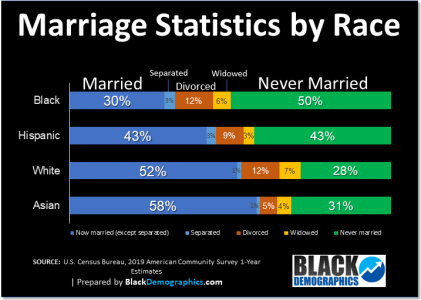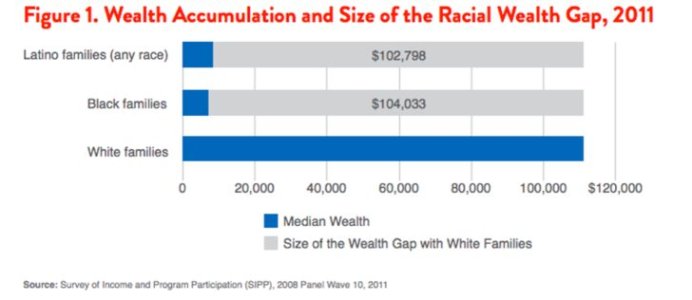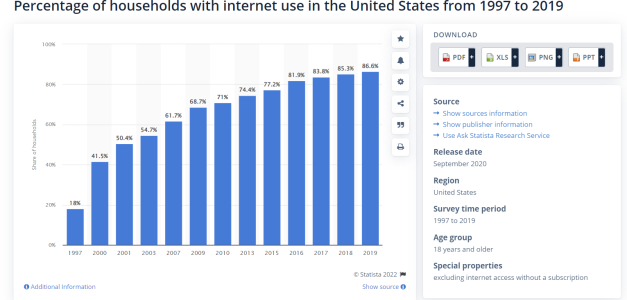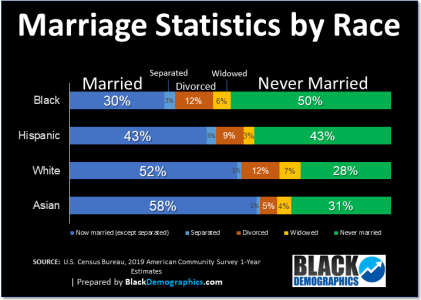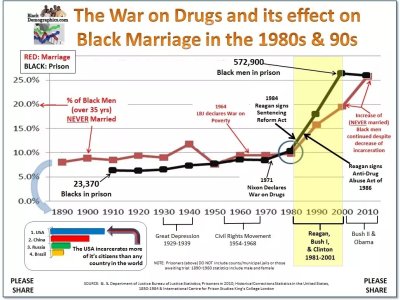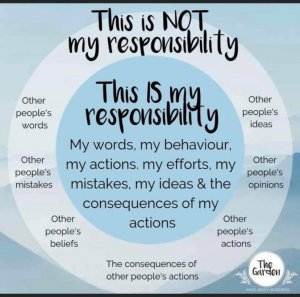- 87,735
- 50,127
- Joined
- Nov 20, 2007
Ah yes, the infamous Zik sarcasm!
Nothing about that post you quoted was sarcasm.
At all. Got no clue what you're reaching for.
What part of the post do you think is sarcasm?

Is sarcasm the right choice of word you meant to use? I legit don't get this.
I also missed when I was known for my sarcasm on NT
 Especially if its infamous. Can anyone else fill me in on that?
Especially if its infamous. Can anyone else fill me in on that?This is interesting but false. Well not really interesting in content but that you made this up as if it is a real thing I doIt's always a pattern with you:
1.) Enter discussion with a sarcastic comment.
2.) Double down on initial comment.
3.) Push back when comment is challenge.
4.) Bog down thread with endless drivel.
5.) Find new thread and refer back to #1.
Its more like I made a statement and stood by it. Especially if the statement is my opinion. It's nice that you may have shared yours in a reply but I am under no obligation to change my mind or opinion on any topic.
If you don't like it, please ignore it.
Also again I am truly loss on what part of any post in any thread made by me was sarcasm. I'm pretty certain if I do say something sarcastic it's rather obvious.
If you really believed I did this in multiple threads you should've stopped reading my posts years ago. I feel like the majority of NT would've also done the same or at least they would've started calling me that one sarcastic poster that's always posting something sarcastic.
This narrative you've created about me is bonkers and an incredibly weak ad hominem attack but it changes nothing.
Like I said a hit dog will holler. You tap dancing ****** still tap dancing. I can only surmise this concoction of a post is only more of that.
This is usually always obvious from the onset. It just took a while until we got to the part where somebody comes in and completely dismantles their argument.Yeah, proving my point, you are not here to have a good-faith discussion
Hope Meth doesn't waste his time.
Last edited:



















